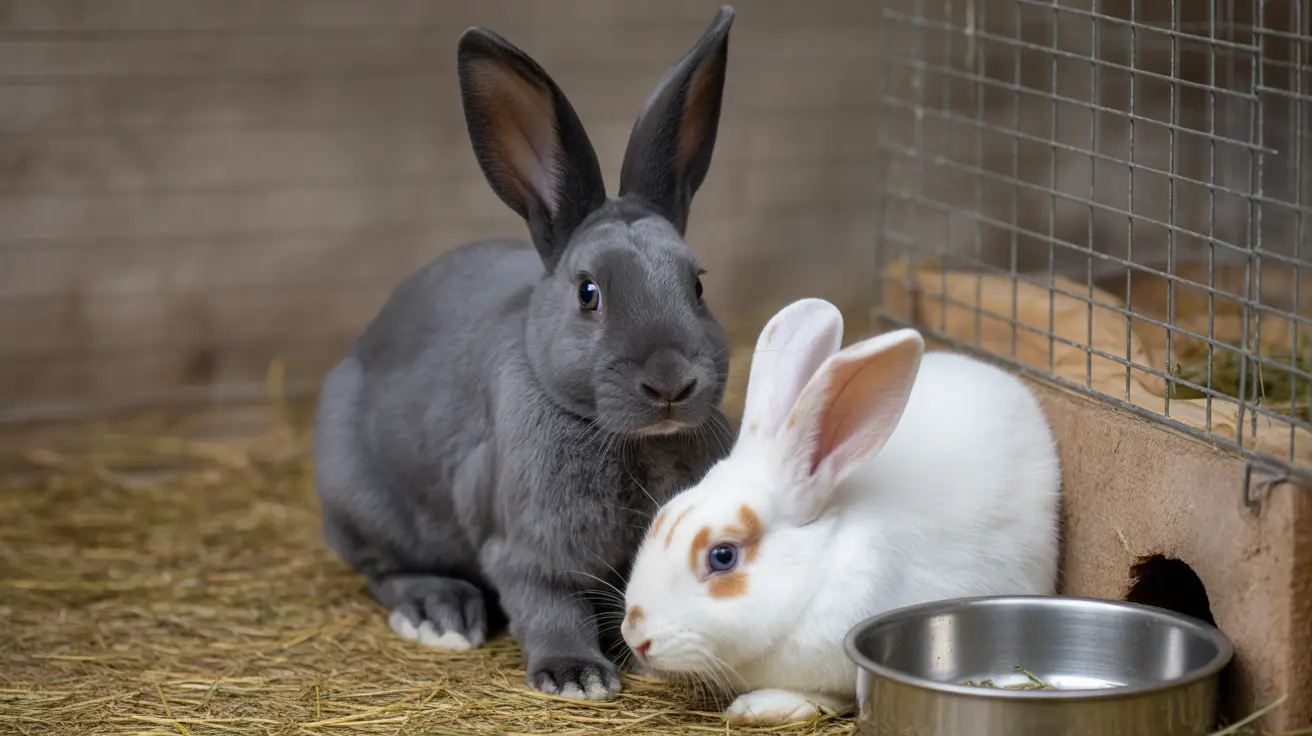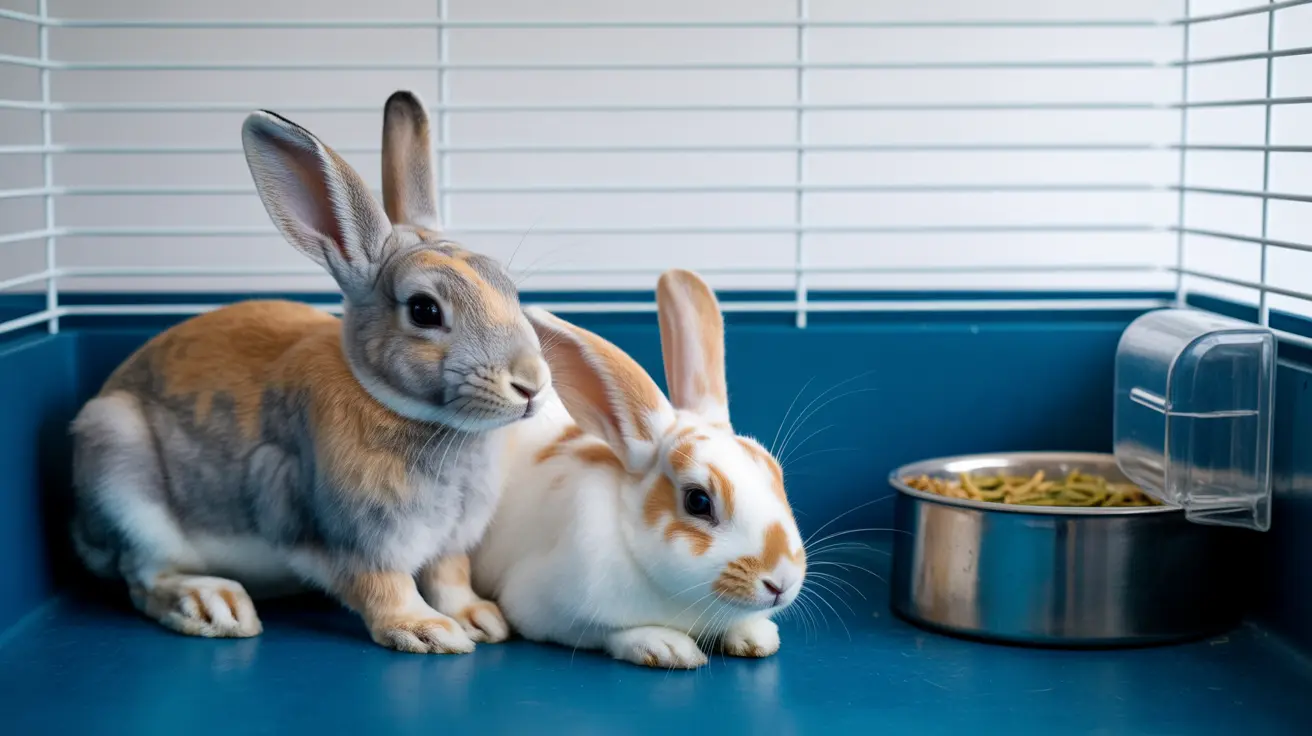Can Dogs Eat Cheese? What Pet Owners Should Know
Cheese is a popular snack among humans, and many pet owners wonder whether it’s safe to share this dairy delight with their canine companions. While cheese is not toxic to dogs, there are several considerations to take into account before making it a regular part of your dog’s diet.
Is Cheese Safe for Dogs?
Generally, cheese is safe for dogs to eat in small amounts. It contains protein, calcium, essential fatty acids, and vitamins like A and B-complex. However, some dogs may be lactose intolerant and experience digestive issues like gas, diarrhea, or vomiting after consuming cheese.
Common Types of Cheese and Their Impact
- Cheddar: Lower in lactose than many other varieties; usually safe in moderation.
- Mozzarella: Soft and lower in fat; a better option for treats.
- Blue Cheese: Avoid entirely. It can contain Roquefortine C, a substance toxic to dogs.
- Cream Cheese: High in fat and calories; avoid or give only sparingly.
Potential Risks of Feeding Cheese to Dogs
Though cheese can be safe, it also comes with several health risks if not managed properly:
- Obesity: Cheese is calorie-dense and high in fat, contributing to weight gain.
- Pancreatitis: High-fat foods can trigger this serious condition, especially in at-risk dogs.
- Digestive upset: Dogs sensitive to lactose may experience gastrointestinal discomfort.
- Salt toxicity: Some cheeses are high in sodium, which is harmful in large amounts.
Cheese and Medical Conditions
- Dogs with diabetes: Avoid cheese due to fat content and potential metabolic disruption.
- Dogs with pancreatitis: Cheese can aggravate the condition due to high fat.
- Overweight dogs: Limit or eliminate high-calorie treats like cheese.
Healthy Ways to Offer Cheese
If your dog tolerates cheese well, use it as an occasional treat or training reward. Look for low-fat, low-sodium varieties and stick to small portions.
- Use cheese to hide medications.
- Incorporate cheese into training treats for high reinforcement.
- Grate or cube cheese into small pieces to minimize caloric intake.
Which Dogs Should Avoid Cheese?
Not all dogs can handle dairy. Dogs with any of the following should probably avoid cheese entirely:
- Lactose intolerance or dairy sensitivity
- History of pancreatitis
- Obesity or on calorie-restricted diets
- Diagnosed with diabetes or digestive disorders
How Much Is Too Much?
Moderation is crucial. Treats like cheese should make up no more than 10% of your dog’s daily caloric intake. For a small dog, this means perhaps a few small cubes per day at most.
Signs of Cheese Overconsumption
- Vomiting
- Diarrhea
- Bloating
- Lethargy
- Loss of appetite
If any of these signs appear after eating cheese, consult your veterinarian.
Better Alternatives to Cheese
While cheese is occasionally acceptable, consider safer, lower-fat treat options:
- Carrot sticks
- Green beans
- Apple slices (without seeds)
- Blueberries
- Commercial dog treats formulated for your dog’s diet
Bottom Line
Cheese is not inherently bad for dogs, but it comes with caveats. Feed only in moderation and observe your dog’s response. Always consult with your vet if your dog has underlying conditions or if you’re introducing cheese to your pet’s diet for the first time. While those puppy eyes might tempt you, resist overindulgence and focus on balanced, dog-safe nutrition.





